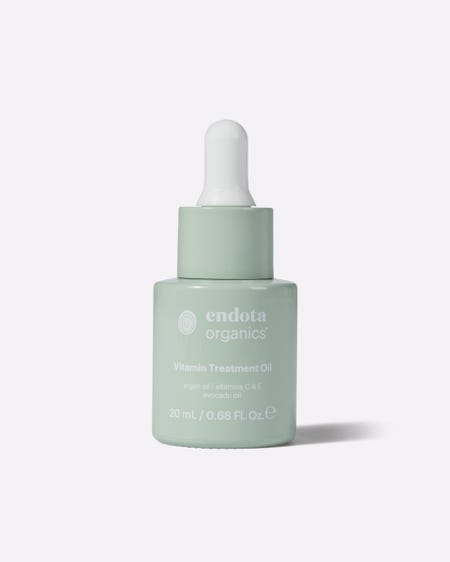The many sides of women’s health: Menopause
Women’s intimate health is just as important as any other aspect. So why do we tend to shy away from conversations about periods, pregnancy, menopause – when we should be leaning in? A little understanding can go a long way to make your life better, more comfortable and more balanced.
At endota, we want to take women on a journey through all stages of life. And we know it’s likely that whatever you’re experiencing, half the world’s population will too. One of the most common concerns we hear about is certainly universally experienced: menopause.
Support yourself through life’s stages
We got in touch with Dr Sandra Cabot, an absolute guru on women’s health in Australia, to talk about how women can support their own physical and mental health during menopause.
“Women's hormones are always changing, it’s very different to men,” Dr Cabot says. “We are living a lot longer than we used to. If we go back to the 1900s, the average life span of a woman was only 50 years. So now when women are living until they're 85, menopause is happening, almost at middle-age.” At that age, many women are finding a new sense of purpose, or getting their career back on track. “So women want more help,” observes Dr Cabot.
The word “menopause” refers to the last or final menstrual period a woman experiences in her life. The average age for menopause for Australian women is 51 years, with most women entering perimenopause anytime from 40 to 55 years. This is when your periods become irregular and you experience symptoms that are caused by fluctuations in the production of hormones from the ovary.
The side-effects of menopause
Women experience the many symptoms of menopause differently. It can affect your skin, hair, mood, brain and sleep patterns – and can have a considerable impact on your overall wellbeing.
While your skin experiences the natural effects of aging throughout your life, menopause can accelerate that process – and bring a whole set of new issues you have never experienced before. Some women suddenly get acne or increased oil production, others intense dryness.
You can talk to your endota therapist about any skin issues and how you can treat them during menopause, and try products like the Organics Deep Cleansing Cream and Deep Hydration Moisturiser for dryness.
As your estrogen and progesterone production declines, you may begin to notice hair loss or thinning - a side effect of menopause that about half of women say they experience to some degree. Even if you had long, thick hair in earlier years, this transformation can change the look and feel of your hair and scalp.
Many women also complain of disturbed sleep during the peri-menopausal and post-menopausal phase. That might include difficulty falling and staying asleep, early morning and nocturnal waking and night sweats.
“While these can be extremely unpleasant, there’s no need to suffer,” Dr Cabot says. They can be treated with diet and lifestyle changes and the right supplements, vitamins and minerals.
The endota Glow Hair, Skin & Nails supplement can help feed your body some extra nutrients and the endota Organics Calming Mist or endota Rest & Restore Sleep Tea could aid with a more restful night’s sleep.







